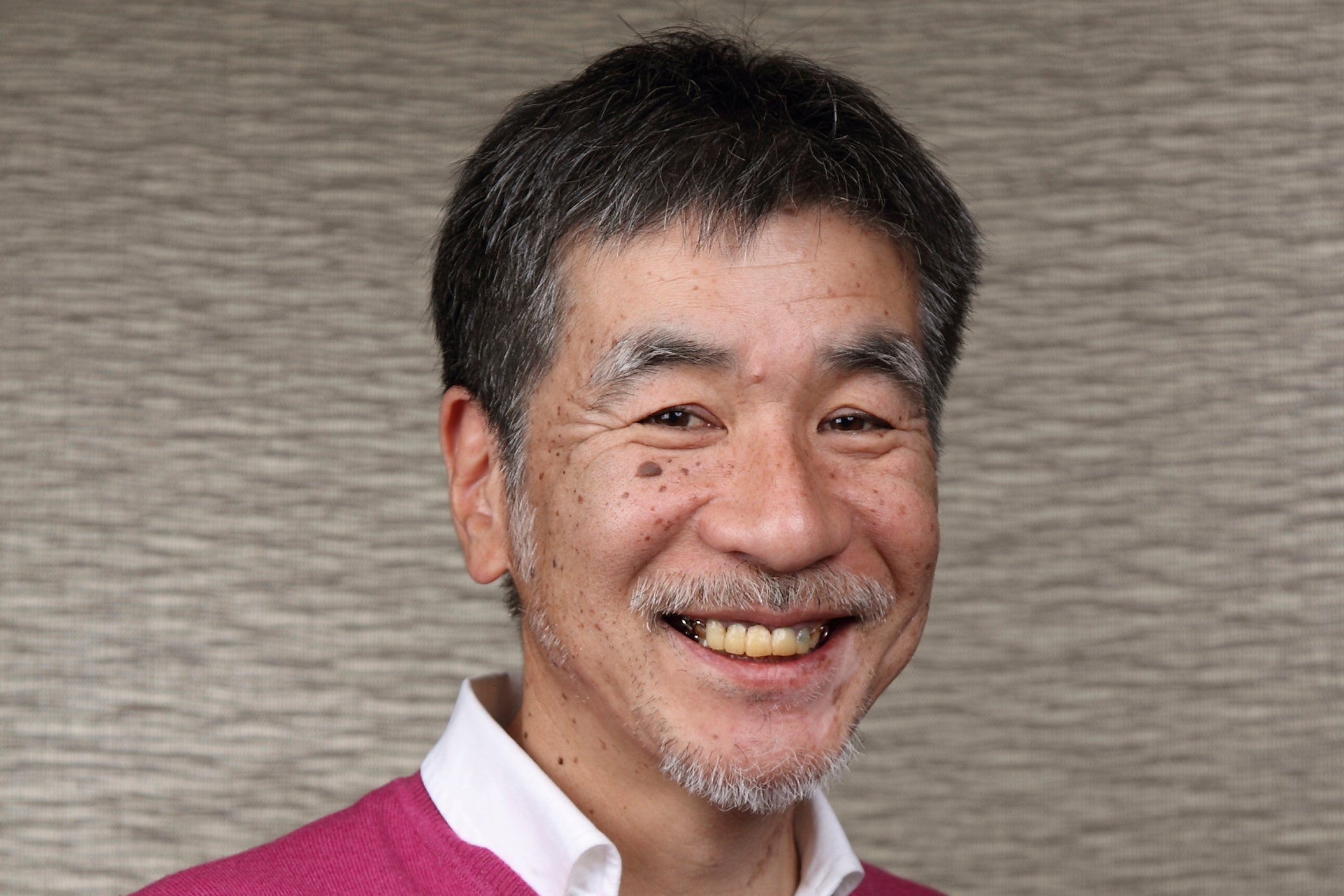‘Godfather of Sudoku’ Maki Kaji dies: How the puzzles help boost mental health
Challenging yourself with brain teasers can have psychological benefits.

Your support helps us to tell the story
From reproductive rights to climate change to Big Tech, The Independent is on the ground when the story is developing. Whether it's investigating the financials of Elon Musk's pro-Trump PAC or producing our latest documentary, 'The A Word', which shines a light on the American women fighting for reproductive rights, we know how important it is to parse out the facts from the messaging.
At such a critical moment in US history, we need reporters on the ground. Your donation allows us to keep sending journalists to speak to both sides of the story.
The Independent is trusted by Americans across the entire political spectrum. And unlike many other quality news outlets, we choose not to lock Americans out of our reporting and analysis with paywalls. We believe quality journalism should be available to everyone, paid for by those who can afford it.
Your support makes all the difference.Maki Kaji – aka the ‘Godfather of Sudoku’ – has died from bile duct cancer at the age of 69.
The Japanese inventor of the hugely popular puzzle – in which players must place the numbers one to nine in rows, columns and blocks without repeating them – brought joy to millions with his creation.
Kaji came up with the concept in 1983 – intending the puzzle to be easy for children and people who didn’t want to think too hard – but it wasn’t until 2004 that the mathematical mind-boggler became a global craze, after it was published in The Times newspaper.
Kaji made it his life’s work to spread the joy of puzzles and Sudoku is believed to be the world’s most popular pencil puzzle. But they aren’t just for fun;Sudoku – and other brain teasers like it – give your brain a boost too.
Distraction
If you struggle with rumination, constantly worrying about future scenarios that might never happen or replaying events from the past, distraction can be a powerful tool to help you cope.
Focusing your mind on a fiendishly difficult number or word puzzle can take your mind off your worries and stop negative or anxious thoughts from spiralling.
Brain training
Just as lifting weights builds muscle and running increases your cardiovascular fitness, giving your grey matter a workout can boost your brain power. To do so, you need to regularly practise a complex and challenging activity – like a tricky puzzle.
Dr. John N Morris, director of social and health policy research at the Harvard University affiliated Institute for Aging Research says: “Embracing a new activity that also forces you to think and learn and requires ongoing practice can be one of the best ways to keep the brain healthy.”
Sense of achievement
Even with simple puzzles you get a dopamine-inducing rush when you fill in that final letter or number in the grid.
Work your way up to Killer or even Hyper Sudoku, or get to grips with cryptic crosswords if you’ve mastered the regular kind, and your sense of satisfaction will be even greater.